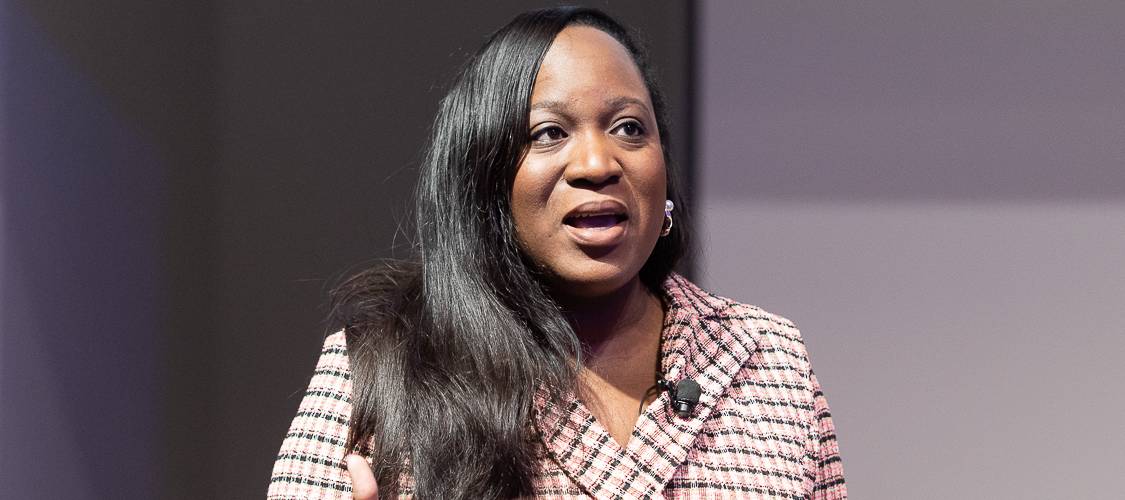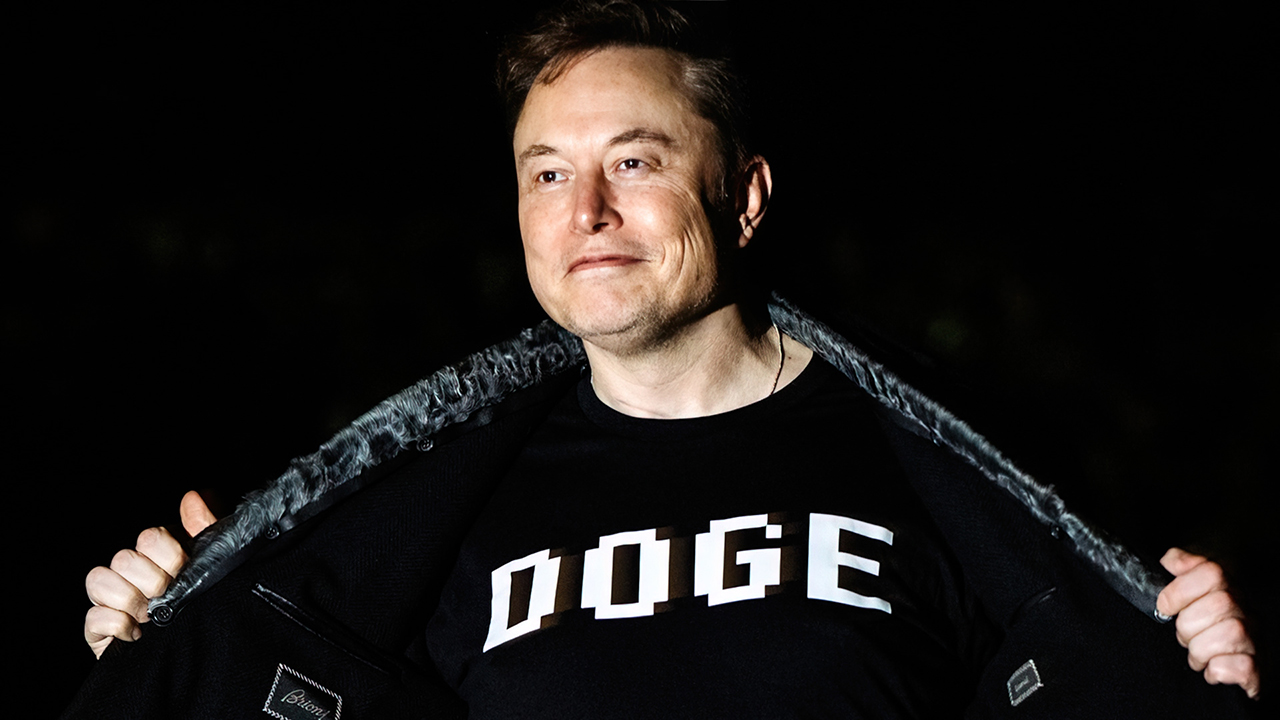Championing Responsible AI: Toju Duke on Ethics, Innovation and Inclusion


Toju Duke is a recognised expert in responsible AI and one of the UK’s most respected artificial intelligence speakers. A former Programme Manager for Responsible AI at Google, she is the founder of Diverse AI and CEO of Bedrock AI—organisations championing fairness, transparency, and inclusion in artificial intelligence.
She is also the author of Building Responsible AI Algorithms, a practical guide to implementing ethics-first AI solutions. In this exclusive interview, Toju shares her views on the principles of ethical AI, the opportunities and risks of generative models, and what more must be done to support women in STEM.
Q: In your view, what core principles must guide the development and deployment of ethical AI today?
Toju Duke: “Yeah, so that’s my favourite topic, right? Responsible and ethical AI. I recently published a book called Building Responsible Algorithms, and I did put a few principles in there. I think the main thing around ethical AI is making sure that AI is beneficial to people in society—the human beings in society that they’re really built for—and it doesn’t inflict any form of harm or damage to people, either psychologically, mentally, physically, or otherwise.
“So that’s a major principle of ethical AI. And when you look at responsible AI, which is really the implementation and the practical side of ethical AI, you want to think about different things around biases. You don’t want to reinforce any social biases or societal biases in your AI applications.
“You don’t want it to have any adverse impacts and effects on people—from protected attributes to characteristics, people from underrepresented groups or minority groups. You want to make sure that your data is inclusive and diverse, and it is secure.
“Your data is kept securely, you have proper data curation methods—how do you harvest data? Are people’s human rights being infringed upon? Is data being just bought off from third-party agents without any form of data ethics being implemented and added to your data curation methods?
“There’s lots of talk around robustness. You have to think about robustness—in other words, how secure and robust is that AI application and model to any adversarial attacks or any bad actors and people who might want to hack into the system for data leaks and stuff like that?
“You want to think about the safety of the models as well—what’s the output like? Is it safe? Could it lead to further harm? You will also want to think about the effects that these large models could have on climate—on climate change—and the amount of gas emissions that they procure.
“There are so many other ethical considerations that need to be considered when using machine learning models and applications. And they’re all unique to different use cases and modalities. For instance, if you’re using computer vision, that’s going to have a different challenge from large language models, or from robotics or predictive analysis.
“So again, it’s really important to educate yourself. I do say knowledge is power. Knowledge is wealth. I mean, I didn’t come up with that statement—it’s out there and everybody knows it—but with AI, especially with the advanced and increased adoption of AI across the world today, there are so many ethical considerations that are so important, not just to certain people in society, but to everyone.”
Q: With the rapid rise of tools like ChatGPT and Midjourney, how can businesses meaningfully adopt generative AI technologies in their day-to-day operations?
Toju Duke: “So, generative AI is like the latest buzzword in AI, right? It was launched last year in October with the advent and introduction of ChatGPT.
“Prior to that, we did not have generative AI. There were talks around it, there were talks around large models and their benefits and potential limitations, but we didn’t have any application to work with. And then, all of a sudden, ChatGPT came out, and that’s when the AI arms race kind of started.
“We had ChatGPT, we had DALL·E, we had Imagen, we had Midjourney, we had stable diffusion models—and all of these are just a good amalgamation of AI put together. So, AI with different models and modalities being able to come up with an output as one single entity.
“Now, generative AI has so many benefits for businesses. It helps improve decision-making, it helps to personalise customer experiences, it helps predictive analysis and improves that, and so on and so forth.
“So I think, for any business who wants to integrate generative AI into their business, I think it’s important to understand what it is first, and how it can be used for your business. If you have a business problem you’re trying to solve, you have to be aware of what sort of generative AI application will work for you at this point in time.
“Right now, generative AI has kind of advanced with large language models, and we have text-to-image problems with the likes of Midjourney. But beyond that, it’s still a very new and nascent technology, so there’s not a lot of applications that you can use today beyond the new advent of, like, Google’s cloud programmes, or we have Microsoft Copilot, which helps with your different business applications that you use for these different companies.
“It kind of brings all of them together—it can help you summarise text messages, and it’s really meant to help make your work more efficient and better, and help with productivity. That’s where generative AI applications come into play.
“But it’s very important to educate yourself first. Educate your business and your human resources: what it is, what you need it for, and how to integrate it.”
Q: Despite growing awareness, gender disparity remains persistent in tech. What systemic changes are needed to truly support women’s advancement in STEM fields?
Toju Duke: “I would say, just stop the tech bro culture—if that’s possible. I think, you know, speaking with a lot of women—and I’m one of them as well—women feel stifled in the industry, right? The ratio has always been 70 percent male and 30 percent women. It’s been that way for so many years.
“And we’re not even talking about other minority groups that fall within that 30 percent. So it’s a major problem because that number has not really changed over time—it hasn’t gone past two percent.
“We have a lot of women in the field who are really keen to stay in the field, and we need further diversity in the field anyway. But, you know, it’s a realistic culture, it’s masochistic as well. Women feel stifled, they feel they’re not being supported. There’s lots of talk around lack of role models and stuff like that, but then you find out that women just decide to drop out.
“A few weeks ago, I was talking to someone who said, “I’m thinking of leaving the field.” I’m like, “Don’t.” She’s like, “Well, I had all the sexist comments from people on my team and I do not feel supported.” And that’s a major problem.
“So I think being aware—again, there’s lots of self-awareness that needs to be done here. There’s lots of emotional intelligence that needs to be applied. There’s being aware of the challenges that other genders face if you’re a man—or even women, right? Being aware of the challenges that women face in the industry.
“Understanding the importance of diversity and just supporting one another. And then creating so many different programmes and avenues to support this—to support women in the field, to stay within the field, and to attract more talent into the field—is very important.
“I think the start of it is just breaking that technical culture.”
This exclusive interview with Toju Duke was conducted by Mark Matthews.
The post Championing Responsible AI: Toju Duke on Ethics, Innovation and Inclusion appeared first on European Business & Finance Magazine.














































